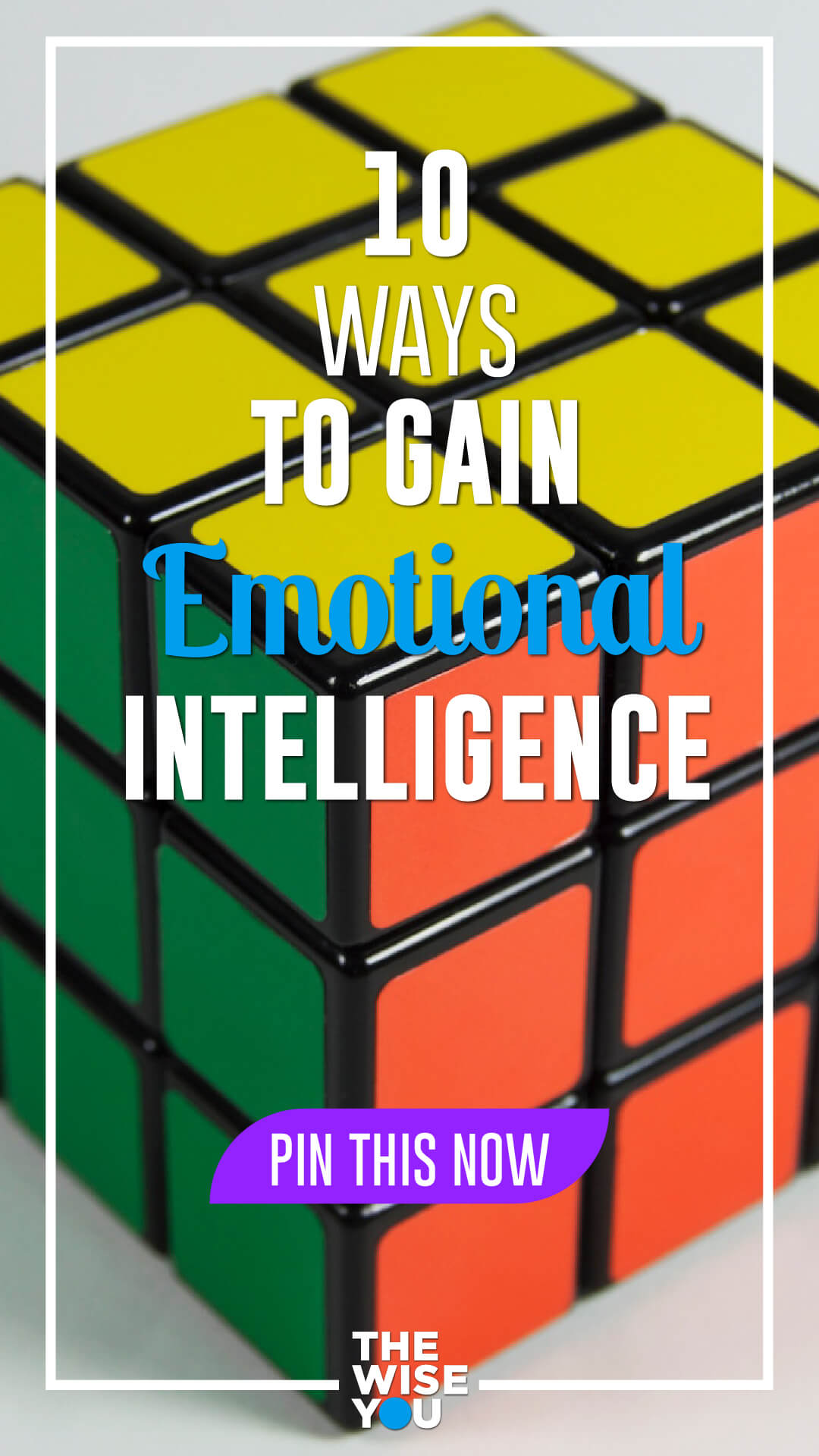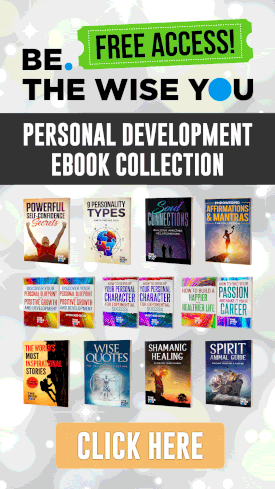Everyone is now talking about mental health; a lot of awareness has been created. Emotional Intelligence lies at the heart of mental health. But what exactly is Emotional Intelligence (EI)?
Emotional Intelligence is the capability to perceive, control, and analyze your emotions and other peoples’ emotions and utilize that information appropriately. For instance, being aware of your emotions can help you manage and regulate them while recognizing other people’s emotions can help you become more empathetic, which in turn, will bolster your personal and professional relationships.
Given the significance of Emotional Intelligence, let’s briefly overview of the topic and then take a look at ten ways you can improve your emotional Intelligence.
The term emotional Intelligence was initially coined in 1990 by two Yale psychologists, Peter Salovey and John D. Mayer. Some researchers view it as an inborn trait, while others think it’s a skill you can improve with practice and proper guidance. Both schools of thought are right; EI is an innate characteristic that can be enhanced.
It all starts with developing an awareness of your emotions; this is the most vital step.
1. Improve Your Self-awareness
The bedrock of EI is self-awareness. This aspect is also the foundation for all other areas of emotional Intelligence. To be able to tune into others’ emotions, you should be able to tap into your feelings.
You can improve your self-awareness through various techniques, like mindfulness and meditation. Emotional intelligence books, emotional intelligence courses, and emotional intelligence coaching can also be of help. Through these techniques, you can become more aware of your thoughts, your feelings, and your body.
You can also cultivate self-awareness by documenting your emotions in a notebook at pre-set intervals. By expanding your emotional expressions and using them to identify and describe your feelings fully, you will figure out how to be more in touch with feelings bubbling in you at any given time.
You should also develop an awareness of the intensity of your emotions. On a scale of 1 to 10, how can you rate your emotions? Being able to monitor your emotions will help you manage and change them more easily.
2. Express Your Feelings, Thoughts, and Beliefs
Knowing how to articulate your emotions can help you manage them. It’s easy to bottle up everything and hide your real beliefs, feelings, and thoughts from everyone. But, that approach will take a toll on you, and it’ll lead to a lonely life. Nobody will get to know the real you, and you won’t get to understand others deeply. We all desire to have an intimate connection with one or two trusted people.
You can choose to share your intimate feelings, beliefs, and thoughts with everyone. But this approach can be catastrophic. For one, some people won’t care. Second, others will find your honesty offensive or rude.
A better way of sharing is through assertiveness. Assertiveness is an appropriate way of sharing your feelings, thoughts, and beliefs by letting the right people, at a proper time, to know your stand.
3. Follow Your Passions
Why do you do what you do? Are you excited about your work? Many people feel stuck in their jobs. But they didn’t stumble into where they are. Usually, they get there by following money or opportunities.
We all have a deep interest or passion for certain things. But, only a few people to follow career paths that incorporate their interests. You don’t need to be a starving artist who shuns regular jobs with the hope that you’ll achieve your dreams. With a bit of planning, you can find a profession that incorporates your interests.
4. Be Aware of Your Weaknesses and Strengths
Some people think they are masters of everything. Others underestimate their strengths. Ideally, you should accurately know your weaknesses and strengths. Knowing yourself will help you make smarter life choices. For instance, knowing your strengths will help you understand how to take advantage of them.
Pursuing things you enjoy and you’re good at – such as music, science, writing, art, public speaking, gardening, or woodwork – enables you to get ahead faster and to live a more vibrant and fuller life. Focusing on your limitations, unless they’re holding you back in life, will lead to you missing opportunities.
5. Be Accountable for Your Behavior and Feelings
Your response and emotions originate from you. You’re accountable for them.
If you’re offended or hurt by someone’s remarks or actions and you lash out, you should take responsibility for that. They didn’t make you react; you chose your response.
Conversely, feelings do provide valuable feedback on our experiences, as well as our preferences and needs. But, no one is responsible for your emotions other than you.
Once you start holding yourself accountable for your feeling and behavior, all aspects of your life will improve.
6. Walk in Other People’s Shoes
Empathy is a potent emotion. Most successful media personalities like Oprah, politicians like Bill Clinton, and Philanthropists like Princess Diana have high levels of empathy.
Being empathetic can help you connect intimately with others, get their support whenever you need it, and resolve potentially explosive situations. When you show others that you understand their perspective, you gain respect. You demonstrate that you aren’t self-centered.
So always pay attention to others. When communicating, listen keenly. Pick on what they say and what they want you to hear. By picking on what people say verbally and non-verbally, you put your empathy into practice.
7. Manage Other People’s Emotions
Being able to manage other people’s feelings is a useful and impressive skill. You’ve seen leaders who’re capable calming down a charged crowd. Conversely, you’ve probably seen people who mismanage emotions and make bad things worse.
Think of the many times poorly prepared CEOs talk to the media and add a PR nightmare into the preexisting crisis they were meant to address. By being standoffish, using a wrong tone, and evading questions, they make people feel more aggrieved or upset.
Here is how to manage other people’s emotions:
1. Increase your empathy
Look at things through the other person’s point of view; feel their fears, pain, hopes, and joy. You can learn a lot about others by observing them and asking the right questions.
2.Treat others as you’d like to be treated.
Managing other people’s emotions requires tact. You need to ask yourself, “Where do I want to lead this person?” Do you want to make them calm, vigilant, aware, or happy, for instance?
Think of a time when you watched a moving film. Impactful experiences typically entail a build-up, whereby a movie director gradually sets up scenes that lead to the emotional state they want to lead their audience. You, too, should create a build-up that leads to a pre-set goal.
For instance, you can start by saying, “Let’s examine this situation calmly” or “As a family, let’s take stock of what has been going on.”
8. Take Social Responsibility
Taking social responsibility demonstrates that you care about others. Being socially responsible shouldn’t be about personal gain or self-interest – it’s about contributing and positively impacting others.
Think of causes that are important to you – homelessness, elderly care, food shelters, spousal abuse, and so on. And then, figure out how you can use your experience and resources to contribute. You can serve as a volunteer worker, a board member, or participate in many other ways.
9. Manage Your Impulses
Managing your impulses (in addition to self-awareness, and managing others’ emotions) is another critical component of emotional Intelligence. Being aware of your feelings helps you regulate them.
Here is how to manage your impulses:
● Distraction: When you feel emotions are about to go out of control, you can quickly course-correct by distracting yourself. Reign in your thoughts by focusing on pre-set detracting thoughts or by counting to ten. You can also learn to quickly shift your thoughts or subject if you’re in a conversation, to something mild like the weather.
● Analytic: Being analytical entails stopping and analyzing your thoughts whenever you’re feeling impulsive. Here are some questions you can ask yourself:
1. Why are my thoughts so focused on this stressful event or problem?
2. Is thinking about these stressful events or problems helpful in any way?
3. Are there more effective alternatives to these thoughts?
● Coping: Coping entails having a number of alternative thoughts that you’ve laid out in advance. These thoughts can be statements like
1. I can slow down a bit
2. Let me be more analytical about this
3. I can figure out alternatives
4. My thoughts are my responsibility
The above strategies can help you navigate stressful situations when you practice and plan them.
10. Be Flexible
Rules and routines are necessary for you and for society to function efficiently. However, when you’re stuck in a problem, and you’re inflexible to change, you likely worsen that problem. A problem can’t be solved through the same thought processes that created it.
Being emotionally intelligent entails knowing when to stick to your ways and when to shift your emotional attachments.
Developing Emotional Intelligence is a Life-Long Pursuit
Emotional Intelligence is not something you develop and then move on to the next project. It’s a practice that takes a lifetime; you can continually keep improving. Even when you feel you’ve achieved mastery, keep practicing, and you’ll enjoy the benefits of Emotional Intelligence for the rest of your days.







